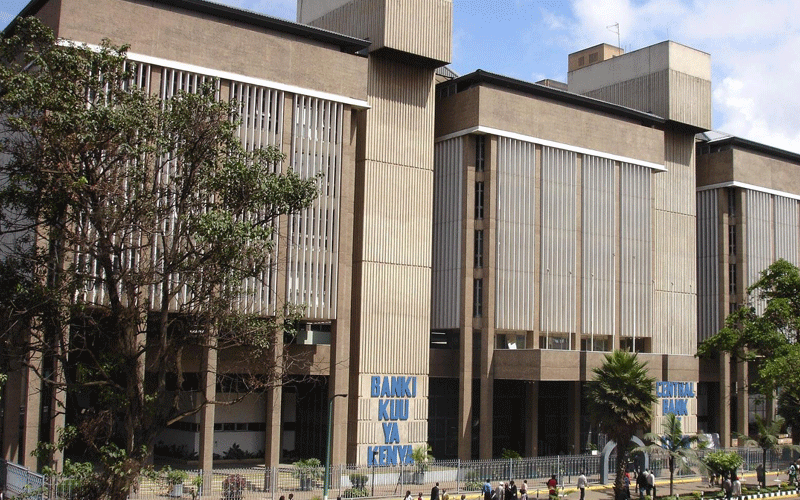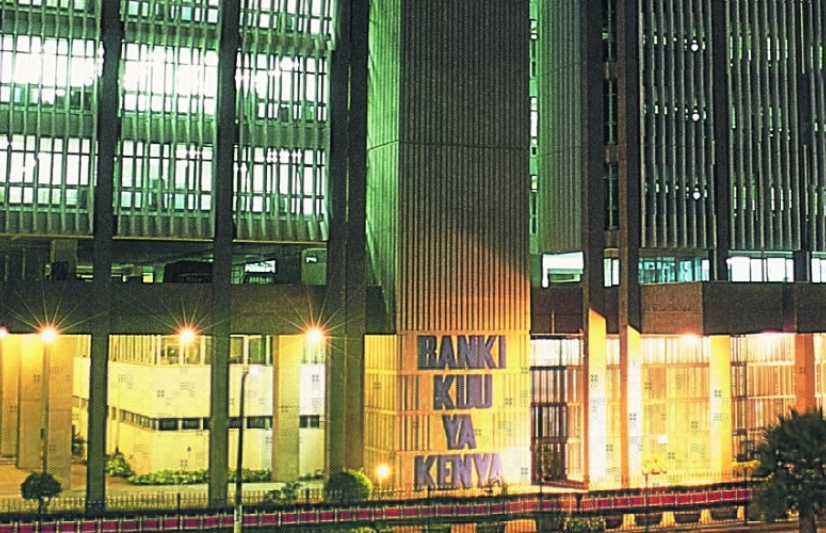Robust dollar signals costly festivities

A weak Kenya shilling which touched a new low of 110.45/95 yesterday continued to harangue importers in what is set to make the goods which arrive towards the festive season more expensive.
Currency traders say they cannot match dollar demand amid claims of hoarding the greenback.
“We are seeing a situation where the demand for dollars is too high and we cannot get dollars to sell,” said a trader at a local bank, but who is not allowed to comment on behalf of the lender.
Tight market
The trader further observed that customers are holding onto the currency in anticipation for further weakening hence creating a tight market.
Cytonn Investments noted in it’s latest weekly report that the shilling marginally depreciated against the dollar last week by 0.2 per cent to Sh109.1 from Sh108.9 on persistent dollar importer demand.
“Demand from merchandise and energy sector importers as they beef up their hard currency positions amid a slowdown in foreign dollar currency inflows, and continued uncertainty globally making people prefer holding dollars and other hard currencies,” said Cytonn.
The Central Bank of Kenya (CBK) quoted the dollar at Sh109.23 which is the average of the interbank transactions of the previous week.
“The Kenya Shilling remained relatively stable against major international and regional currencies during the week ending November 12,” the CBK said on its website.
Sky Forex Bureau on Mama Street in Nairobi was buying dollars at Sh110.4 and selling at Sh111.5
Churchill Ogutu Head of Research -at Genghis Capital Ltd says this would hurt merchandisers as get ready to stockpile shortly before the festive season.
“It will be detrimental to importers since Kenya is a net importer, but remember, some of the supplies have not been forthcoming, since the pandemic.
This, coupled with the depreciation of the shilling will hit importers hard,” he said.
However, the traders said the currency will stabilise as we head into the holiday festivities, but will open under heightened pressure when businesses reopen after the holiday.















